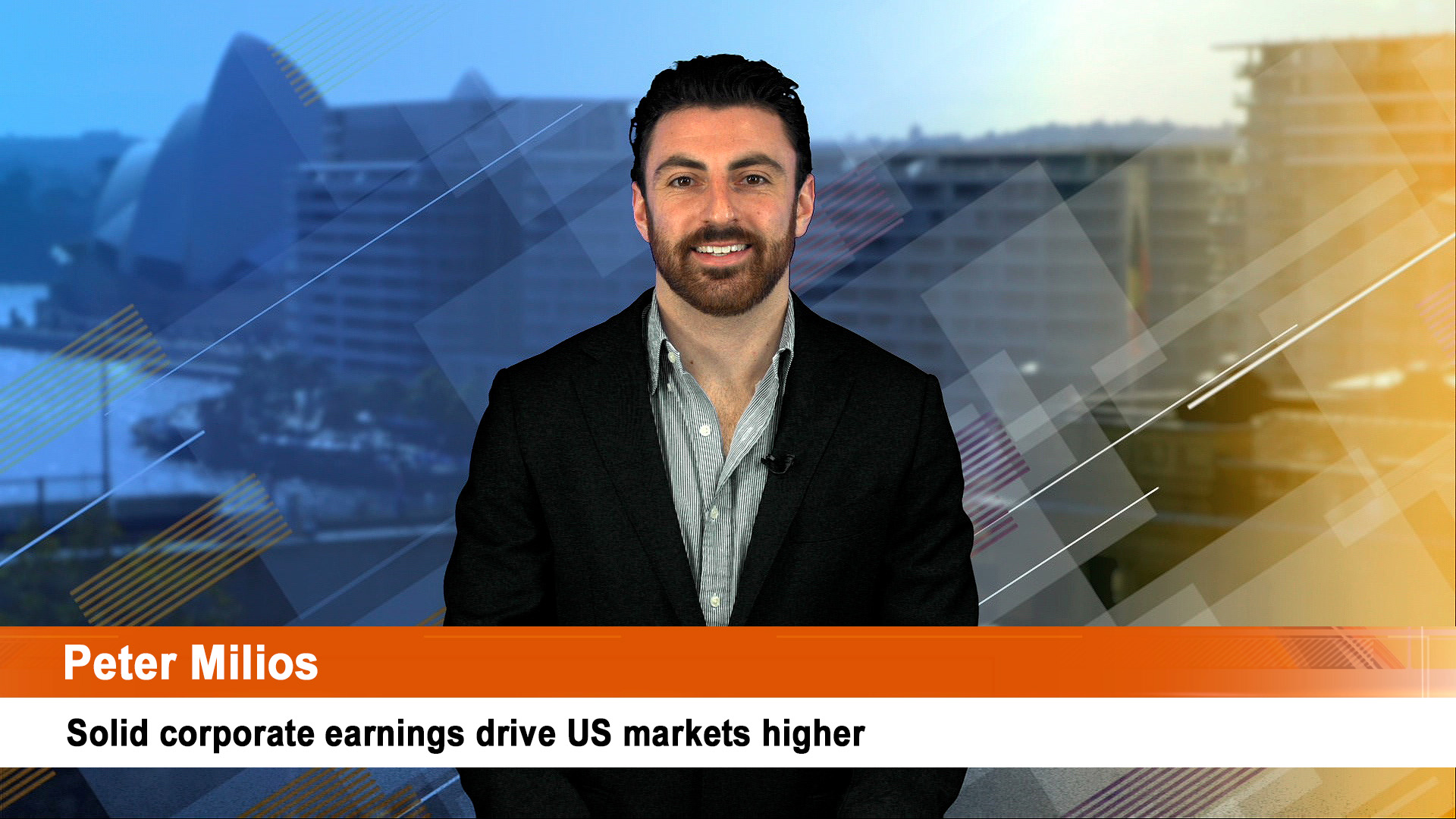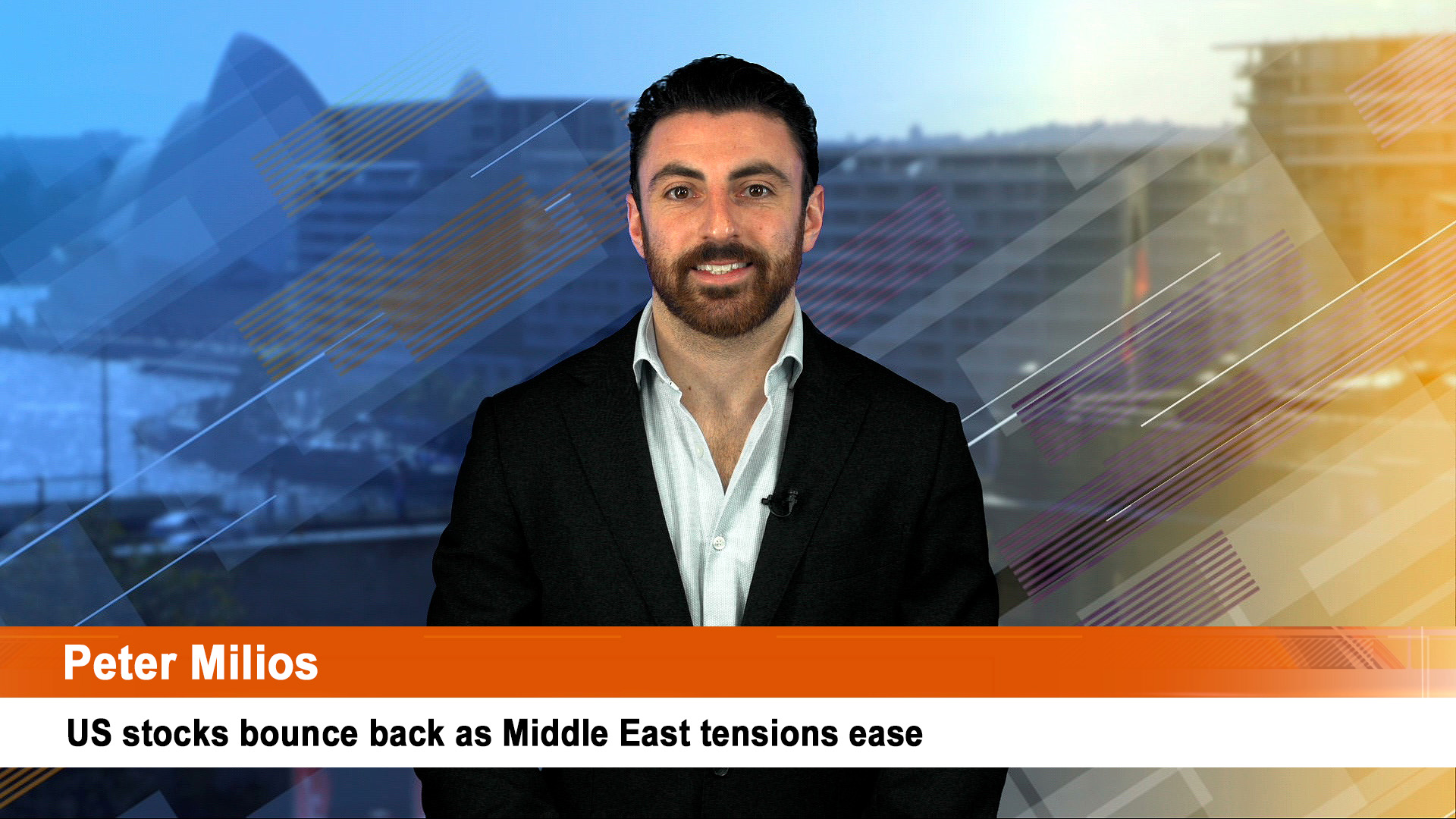Two days after a solid interim result, a dividend and encouraging noises about cost cuts between now and 2024, Westpac is back in trouble with regulators.
In the past couple of years Westpac has been accused of having weak corporate culture, money laundering and like its peers, not treating customers properly. Management and board members were retired and new people (including a chair and CEO) found who started the clean-up and rebuilding the bank’s image.
Monday saw a solid interim result and dividend for the first half of 2020-21 and a promise to cut its costs to around $8 billion a year by 2024.
Investors liked the message and the shares rose strongly on Monday and Tuesday but on Wednesday came news that Westpac has been accused by the corporate watchdog of insider trading and unconscionable conduct during AustralianSuper and IFM’s purchase of NSW energy company Ausgrid five years ago.
In a statement on Wednesday morning ASIC claimed that Westpac breached its financial services licence when it was arranging a financial instrument used in large transactions to manage interest rate fluctuations, known as an interest rate swap.
In a separate statement to the ASX on Wednesday morning, Westpac acknowledged its receipt of ASIC’s claim in a statement, saying:
“Westpac takes these allegations very seriously and is considering its position having just received the originating application and concise statement of claim,” the bank said.
“As the matter is now before the court it would not be appropriate to comment further at this time.”
In background in its statement, ASIC said that in September 2016 the New South Wales Government sold Ausgrid to AustralianSuper and IFM Investors, for $16 billion.
ASIC said the transaction remains the largest interest rate swap transaction executed in one tranche in Australian financial market history.
ASIC’s allegations relate to Westpac’s role in executing a $12 billion interest rate swap transaction with a consortium of AustralianSuper and a group of IFM entities (Consortium).
ASIC said in a statement that Westpac knew or believed it would be selected by the Consortium to execute the interest rate swap transaction on that morning. ASIC alleges this was inside information.
“Whilst in possession of the alleged inside information, Westpac’s traders acquired and disposed of interest rate derivative products in order to pre-position Westpac in anticipation of the execution of the swap transaction.”
“ASIC alleges that by about 8:30am on 20 October 2016, Westpac knew, or believed, it would be selected by the Consortium to execute the interest rate swap transaction on that morning. ASIC alleges this was inside information. When the market opened at 8:30am, whilst in possession of the alleged inside information, Westpac’s traders acquired and disposed of interest rate derivative products in order to pre-position Westpac in anticipation of the execution of the swap transaction.
“ASIC alleges that Westpac’s trading occurred while it was in possession of information that was not generally available to other market participants including those that traded with Westpac that morning. Prohibitions against insider trading are a fundamental tenet of market integrity.
“The Consortium, via a special purpose vehicle, executed the interest rate swap transaction with Westpac at 10:27am.
“ASIC alleges that Westpac’s trading on the morning of 20 October 2016 had the potential to impact the price of the swap transaction to the detriment of the Consortium or the special purpose vehicle.
“In addition to the insider trading allegation, ASIC also alleges that the circumstances surrounding Westpac’s trading on the morning of 20 October 2016, including its failure to provide to the Consortium full and informed disclosure about its intention to pre-position its trading books prior to and with notice of the execution of the swap transaction, amounted to unconscionable conduct,“ ASIC said in its statement.
ASIC said in the statement it is committed to improving market practices in the institutional and Fixed Income, Currency and Commodities (FICC) markets.
“This matter serves as an important reminder that the insider trading prohibitions apply equally across all financial markets.”
“ASIC is seeking declarations and pecuniary penalties for Westpac’s alleged contraventions s1043A of the Corporations Act and s12CB of the ASIC Act, a declaration for Westpac’s alleged contravention of s912A of the Corporations Act, and ancillary orders.”
Westpac shares eased 0.03% to $25.96.
…………
Unlike the ANZ and Westpac, the two other big banks were in favour yesterday.
Shares in Commonwealth Bank closed at a six-year peak of $92.72, the highest they have been since April 2015.
National Australia Bank shares closed at $27.37 after touching an intraday high of $27.84, the highest level seen since November 2019. NAB reports first half results Thursday morning.













